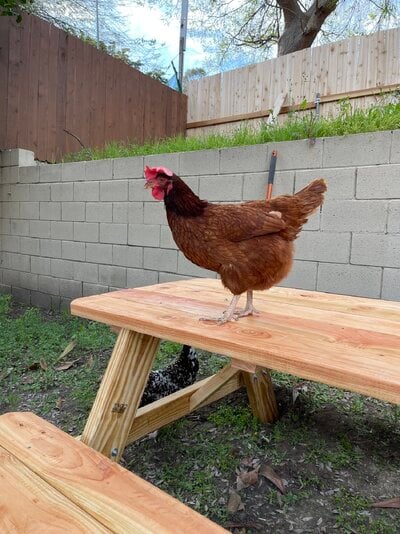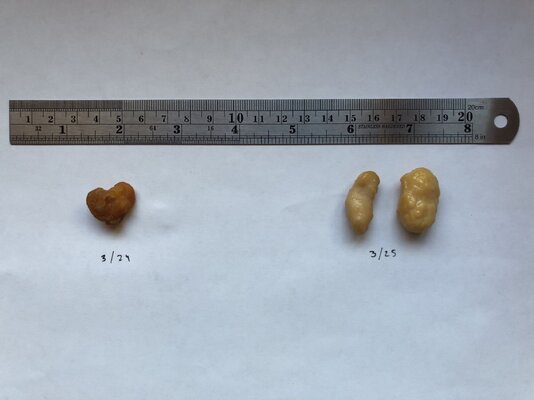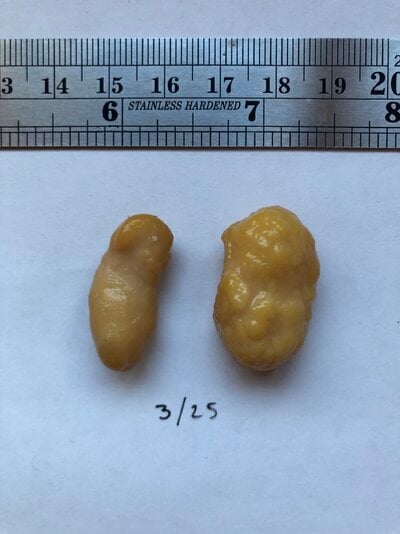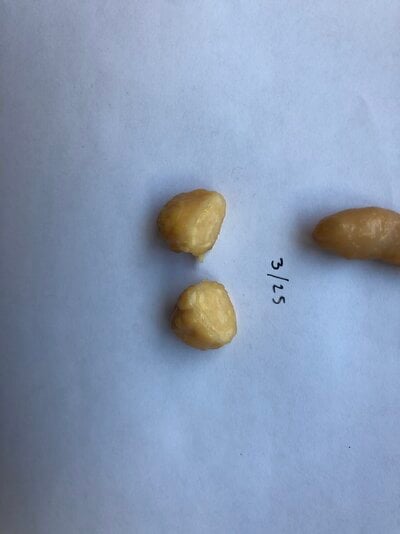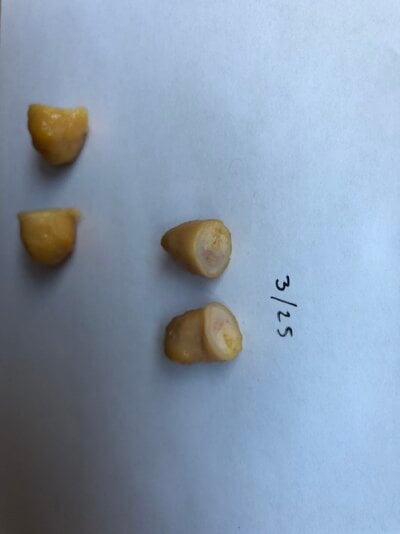hidezchick
Chirping
- Jul 28, 2021
- 50
- 128
- 91
My RIR Sugar is sick 
she hasn’t laid a normal egg in a year, always soft eggs.
2 weeks ago she started acting really sick. She wouldn’t move or eat. We rushed to the emergency vet and on the way there she laid a lash egg. The vet (who was an avian vet) had no idea what a lash egg was or saphinglitis, and recommended we euthanize her. She had fluid in her abdomen. We decided not euthanize and had the fluid drained and she gave us antibiotics instead.
After a week of antibiotics she seems better. She has increased appetite and normal poops now but she has been laying lash material once a week still.
She seems in good spirits and is eating but she definitely has moments you can tell she’s not feeling the best.
My question is should I try going to another vet and getting more antibiotics? Is one week of antibiotics really enough to treat this issue? Has anyone had success? I feel discouraged since the vet we saw had less knowledge than myself.
I’m in Southern California if anyone has recommendations of where to take her. Also what type of medication should I ask for?
Thank you
Kris

she hasn’t laid a normal egg in a year, always soft eggs.
2 weeks ago she started acting really sick. She wouldn’t move or eat. We rushed to the emergency vet and on the way there she laid a lash egg. The vet (who was an avian vet) had no idea what a lash egg was or saphinglitis, and recommended we euthanize her. She had fluid in her abdomen. We decided not euthanize and had the fluid drained and she gave us antibiotics instead.
After a week of antibiotics she seems better. She has increased appetite and normal poops now but she has been laying lash material once a week still.
She seems in good spirits and is eating but she definitely has moments you can tell she’s not feeling the best.
My question is should I try going to another vet and getting more antibiotics? Is one week of antibiotics really enough to treat this issue? Has anyone had success? I feel discouraged since the vet we saw had less knowledge than myself.
I’m in Southern California if anyone has recommendations of where to take her. Also what type of medication should I ask for?
Thank you
Kris

